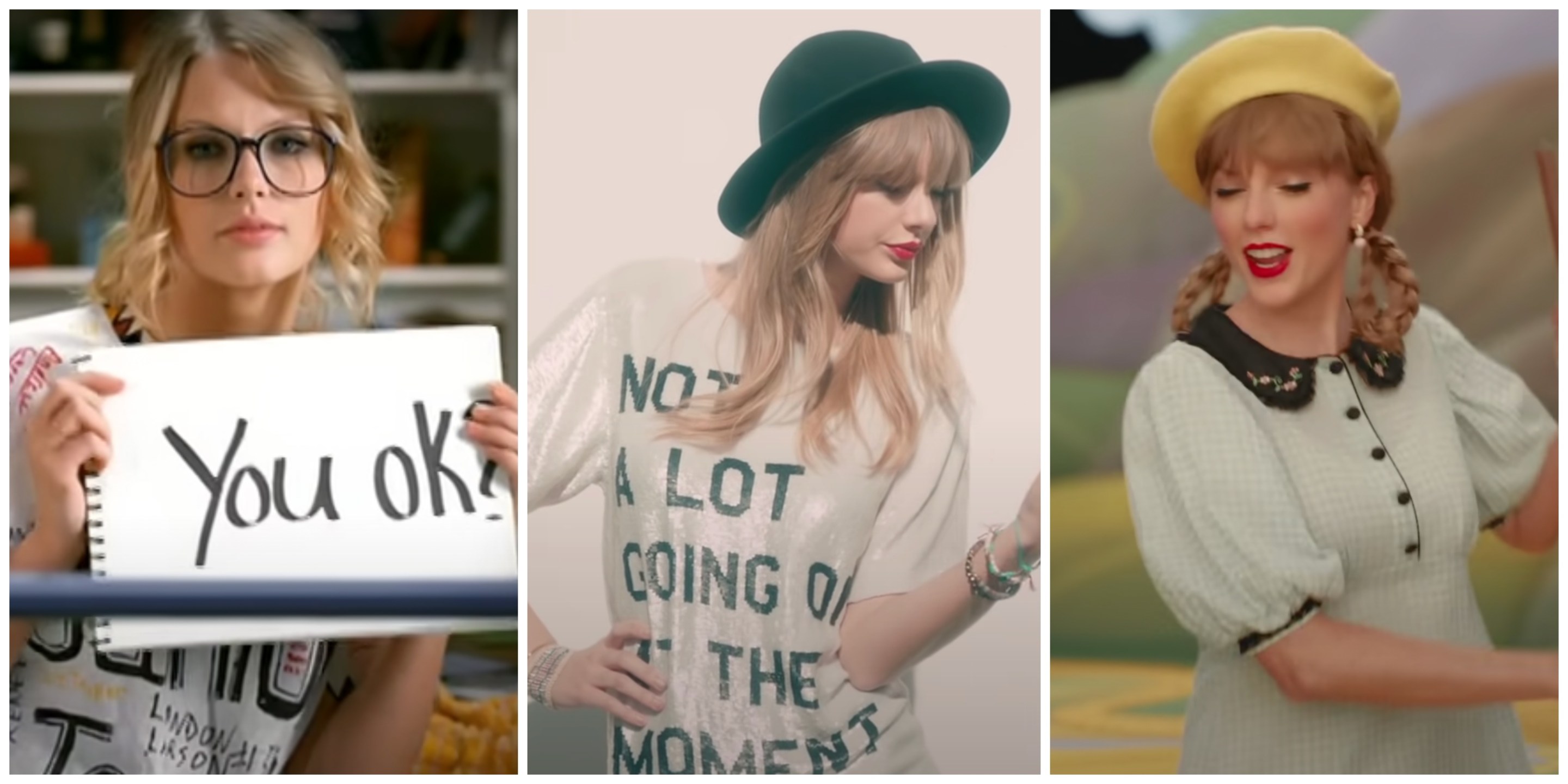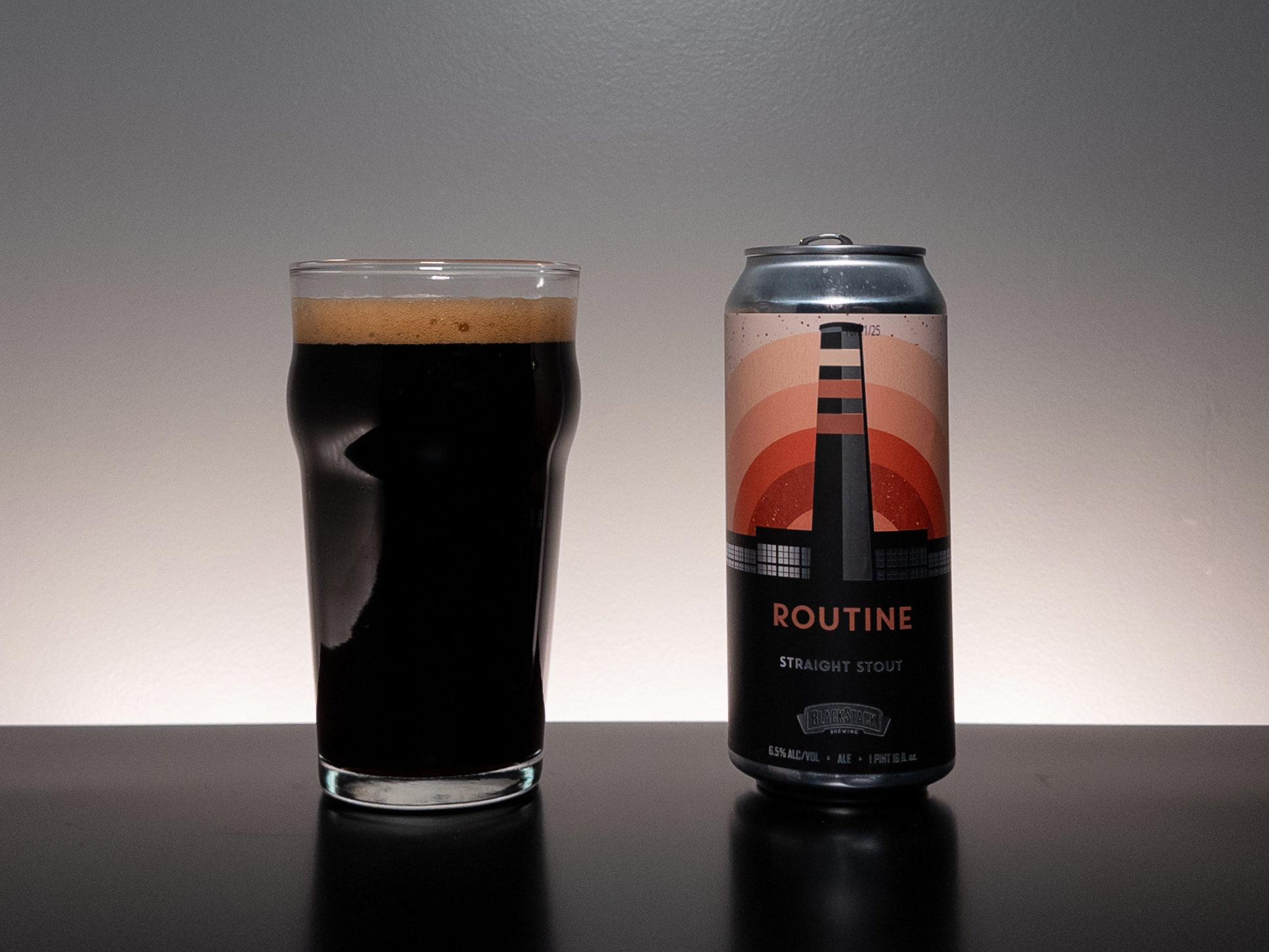The crowds, the costs, the traffic updates, the hype, the spectacle, the terrible, terrible, terrible need to cutely and knowingly riff off song titles—if Minneapolis’s immersion into Swiftorama this week has got you exhausted, I get it, really I do.
But if you think pop music matters at all, you think that love is something worth pledging and questioning and redefining and pining for and overanalyzing and recoiling from in brokenhearted rage. Pop recycles the frilliest of lovelorn cliches and debunks them; pop succumbs to romantic cynicism and strives for re-enchantment. And after listening chronologically through all 10 regular Taylor Swift studio albums, I’m here to say that no songwriter this century has obsessed over what draws us to each other and drives us apart so insistently, craftily, and insightfully.
And so, I did what we’re all expected to do in the internet age and made a list. If you wanted to, you could split these 10 items into three relatively even tiers: the great, the good, and the fine. But though you'll find graceless stumbles on each (hey there, "ME!"), there’s not an outright turd among these albums. As for Swift herself, well, like all very famous people (and many not famous people too) she can be annoying and a little embarrassing. She has too much money and she's too insistent on making more. She's too white. But not many artists have maintained this level of work at this level of fame, and that’s something to get over yourself and respect and enjoy. Also, a good dozen of her songs make me cry every time.
OK, so all that’s left is a note on “versions”: Even before Swift re-recorded her "Taylor’s Version" series, her albums typically re-emerged in multiple deluxe re-packagings. For the sake of simplicity and comparing apples to apples, I stuck not just with the original recordings (which are historical documents, no matter who controls the masters) but the original releases, even when the bonus tracks were something special. Sorry “Jump Then Fall,” “Ours,” and “New Romantics”—I still love you.
10. Taylor Swift (2006)
The kid could write a song long before we knew or cared who she was “really” singing about, and the three early winners that dominate her debut also lay out the major moods of her career: “Tim McGraw” (wistful yet triumphant), “Our Song” (creatively self-conscious about infatuation), and “Picture to Burn” (witty and vindictive). The two other pretty good singles (“Should’ve Said No,” “Teardrops on My Guitar”) proved those great ones weren’t flukes. But what set Swift apart even at 15 wasn’t just her craft but how clear-eyed this small-r romantic remained even at her most lovesick—the girl who quietly deflects her boy’s sweet talk on “Tim McGraw” with “that’s a lie” was wiser than her years. Her “worst” album, I guess. Also her most underrated.
9. Reputation (2017)
The Bad to 1989’s Thriller—that is, the unavoidably disappointing follow-up to a beloved star’s leap to superstardom, less culturally significant despite its bonkers sales, an undercurrent of petulance and paranoia tainting its expensive hooks. Like all great pop artists, Swift’s got a killer instinct for how to connect—here in the global panopticon where we all act as one another’s watch dogs, the fact that an electronic reputation precedes us all is the one thing celebrities and fans have in common. And with unmet expectations (as always) mattering less over time, shimmering moments of desire like “Gorgeous” and “Delicate” and “Dress” get over on sheer sensation. But the only way Swift can think of eluding the spotlight is to hide away in love-true-love, and only on the fabulous closer “New Year’s Day” does she consider the implications of this worldview—mostly because she also acknowledges that happily-ever-after is hardly a sure bet. Anyway, I still reserve the right to pretend “I Did Something Bad” is about letting Ed Sheeran rap on “Endgame.”
8. Midnights (2022)
A producer who knows his way around beats ‘n’ textures might have tuned up this dreamy mush of electrodoodles into something beyond the capabilities of the trusty, limited Jack Antonoff. But the sunken hooks of Swift’s latest might also have been less effective if they’d been more sharply articulated, giving us Reputation II instead of this theoretical peek into the dark night of Taylor’s soul, And though she gets nasty on “Vigilante Shit” and chill on “Karma,” self-doubt is the predominant note here, from “It’s me, hi/I’m the problem, it’s me” to “I'm just too soft for all of it.” Listen too close and you can imagine Midnights a premature farewell to Joe Alwyn. (Remember him?) Take these songs at face value instead and you’ll hear a realization that, all industry bullshit aside, a full-time job examining how love breaks, burns, and ends from every possible angle just might not be the best preparation for a healthy relationship.
7. Speak Now (2010)
The musical equivalent of the season your fave teen drama relocates to college, Speak Now braces itself for grown-up relationships—the “careless man’s careful daughter” of “Mine” not only battles her own romantic insecurity but leaves her toothbrush at the guy’s apartment. Yes, it reveals this undeniably precocious 19-year-old’s blind spots when it comes to understanding the adult world Fearless fantasized about. But even its least mature moments—the broad romcom title track, the uncharacteristically timid “Never Grow Up,” the vicious “Better Than Revenge”—somersault beyond the reach of most talents. Here’s where she earned her rep as pop’s great score-settler: “Mean” skips off to the big ol’ city and leaves her critics shouting at the TV, while the Mayercidal “Dear John” may be the only Swift kiss off that actually improves when you know who it’s about. And as the gulpy heartswell of the choruses crests higher than before (spare a moment to remember undersung co-producer Nathan Chapman), unhappily-ever-afters “The Story of Us” and “Last Kiss” become such merciless heart crushers they might keep even the most content couples up at night.
6. Evermore (2020)
Swift is at her most quietly tuneful and diffusely lyrical on her second pandemic-era album, neither swinging for the fences nor probing for the jugular. The relaxed, organic mood that National’s Aaron and Bryce Dessner maintain gives Evermore the feel of an in-studio hang, its predominant instrument a warm, rolling piano. The mood is hardly chipper, not with Matt Berninger and Justin Vernon both dropping by. But the drama is subdued and Swift sings like an ordinary adult beset by the ordinary adult problems that arise when you share a life with another ordinary adult—you know, second-guesses, miscommunications, resentments, that sort of thing. As for men, they come and go and sometimes stay a while, but the focus is on the woman who’s enticing or rejecting or enduring them, whether she’s summing up her past on “Long Story Short,” proposing a holiday hookup on “‘Tis the Damn Season,” sticking up for herself on “Tolerate It,” or rejecting an olive branch on “Closure.” You can’t say she hasn’t learned anything from meditating long and hard on romantic breakups all these years—even wiser than the advice from her grandma collected on “Marjorie” is her own expression of radical acceptance: “There’ll be happiness after you/But there was happiness because of you.”
5. Lover (2019)
Correcting for the excesses of Reputation without retreating from the precipice of pop, even if that means hunkering down with Jack Antonoff and his dinky little snare sounds. Big isn’t always what she does best—the blaring singles are the worst moments here and the best is the Chicks harmonizing on the quiet song about her mom’s cancer. But there’s no denying that she owns the title concept—the love songs are committed and lived in, whether “overdramatic and true” on the title track, crushed out on “I Think He Knows,” contrite on “Afterglow,” innocent on “It’s Nice to Have a Friend,” or, best of all, silly on “Paper Rings,” where the supposed former breakup junkie reveals what fans of “Our Song,” “Mine,” and “Stay Stay Stay” have always known—her real gift is for imagining what it might mean to live happily temporarily after together. And you can’t spell “together” without her.
4. Folklore (2020)
An extended bout with monogamy freeing her from the burdens of celebrity autobiography, Swift was free to daydream—which, in the era of social distancing, was all many of us could do. The indie-folk-yeah-sure whipped up by the Dessner boys is not so much a mature sound as a sound that registers maturity—all the better to provide perspective on memories of youth. This is music for a world without a foreseeable future; when you’re left with nothing but imagination and can't meet anyone new to yearn for, you resuscitate dead crushes. Beginning with “The 1” and its sigh of “If wishes came true/It would have been you,” the tone is not-quite-regret as untravelled paths are compulsively re-examined and alternate lives indulged in—as Lindsay Zoladz put it, Folklore is “a huge ‘quarantining in your childhood bedroom’ record.” There’s a targeted cruelty to Swift’s use of nostalgia, as though she’d intuited that there was a larger audience for company-loving misery than Phoebe Bridgers could ever quite tap, a masochistic need to overwhelm our free-floating everyday anxiety in actual pain. Each lyrical stab (“I knew you/Leaving like a father/Running like water,” “If I’m dead to you/Why are you still at the wake”) is sunk deeper into the wound with a melodic flourish. She’d convinced us she was singing about herself for so long that only when that illusion was dispelled could we realize what a skilled sadist she is.
3. 1989 (2014)
Not just pop-as-in-Max-Martin but pop-as-in-Warhol, endlessly enraptured with the joys of the superficial. The glittering, unduly hated “Welcome to New York” is as self-consciously unrealistic as the stage set of Our Town, “Style” reduces noted ex-lover [REDACTED] to archetypes from glossy magazine ads all the better to fantasize about him with, and “Blank Space” adopts the essentially Shakespearean perspective that love is a fool’s game, beguiling us with its attractive surfaces. A formal triumph, 1989 is also an exercise in rampant one-upwomanship, as the shamelessness with which Swift appropriated so many 21st century pop styles was matched only by the ease with which she improved on them. Her CHVRCHES song, her Haim song, her Lana Del Rey song, her (tsk tsk) Katy Perry song—each incorporates a sound and a structure and a sensibility then leapfrogs past pastiche to make the original artists subsequently sound like Swift impersonators. Imperialist? Hyper-capitalist? Yeah, well, welcome to the superstructure. We’ve been waiting for you.
2. Fearless (2008)
The sweeping country-pop of the decade’s most monumental star-making album was way more Garth than Shania—less about cutting loose with the girls than about throwing yourself headlong into life. Whether rewriting Romeo and Juliet, getting the boy by writing a song about him, or siding with lovestruck nerds over snooty cheerleaders, Swift brimmed with an infectious ambition, assuring a generation of girls raised on Disney princesses that they deserved not just L-O-V-E and cute dresses but so much more. And for all the boys Swift loves and loses here, the two songs that still consistently sock me in the tear ducts both center on women: “Fifteen,” about surviving high school with your best friend, and “The Best Day,” about a really good mom. Just say yes.
1. Red (2012)
The footloose romantic who gambles fearlessly with her heart shrewdly hedges her bets musically, leavening her most adult songwriting to date with a few toe-dips into glossy Swedepop. What makes this Swift’s most winning collection is how acutely she keeps exploring two sides of the same heartbreak. And so the softly beguiled “Treacherous” leads to the cybernetically masochistic “I Knew You Were Trouble,” the bratty “22” rebounds from the harrowing and diaristic “All Too Well,” and the even brattier “We Are Never Ever Getting Back Together” cuts short the late-night temptation to backslide of “I Almost Do.” “This is the worthwhile fight” swears our battle-tested lovefool on the song that kicks off a concept album about how breakups are good for the soul, and though her faith in that proposition wavers over the course of 16 songs and who knows how many exes, she ends on a hard won note of affirmation—falling in love on a first date with a boy who (take notes, fellas) compliments her record collection and laughs at her jokes. Oh Taylor, will you never learn?







